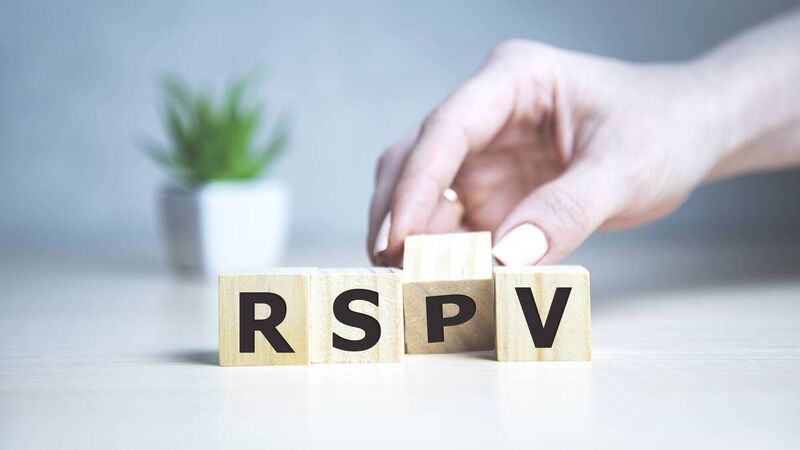How to say no to invitations during Lockdown 2.0

The pandemic is challenging our perceptions of etiquette when it comes to invitations.
Irish people are both really, really nice and cryptic masters of double speak. In Cork, “I will, ya” is one of the most dismissive things someone can say to you. Due to our chronic fear of saying no to requests, from something as simple as a cup of tea to as serious as becoming godmother to your sworn enemy’s firstborn, navigating the latest round of Government restrictions may pose some issues for us.
Even though we are allowed to create ‘bubbles’ and countrywide travel for weddings and funerals is deemed essential travel, some of us may not feel safe widening our circle or travelling cross-country. Is there etiquette established for saying no in these circumstances? If there is, what’s the best way to approach it?
An invite is just that, says relationship coach Annie Lavin.
Our fear of letting someone down is not intended to be part of the invite process, says Lavin, suggesting that it is inherited rather than expected behaviour.
“A lot of being able to say no to social occasions can be steeped in generations, of what we deem as polite and acceptable and so on. I think sometimes that's the bit that gets lost in translation. We need to see invitations for what they are.”
Of course in Level 5, there are very few social occasions that we need to excuse ourselves from. But how do you deal with the person who is talking to you without a mask at the school gate, or the friend who sees no problem in calling over for a coffee? Lavin says that in all of these circumstances, we must remind ourselves of the restrictions in place, and adhere to them.
And then, we must be direct. “I believe in honesty. I believe in being true to yourself as you can be, therefore my suggestion would be that you share from the heart.
For those of us who may find themselves invited to attend funerals or weddings during the next six weeks and are uncomfortable with the idea, then it is more important than ever to speak clearly and honestly, says Lavin.
In order to find the best way to communicate a refusal, we must look within. “It's about asking, ‘can I really tune into my needs enough to know whether I want to say yes or no?’ And if it is a no, 'how can I then communicate that in a way that is honouring myself and the other person?',” says Lavin.
For all of us, this time is about getting comfortable with being uncomfortable, and about putting our needs first. Etiquette as we knew it does not exist anymore; the rulebook has been thrown in the bin.
So ask the awkward questions. Don’t be afraid to speak up and say that you are too uncomfortable to attend. But honour the person who is inviting you, and decline politely, and with gratitude for being asked in the first place.
And remember, during a global pandemic - and even not - it is absolutely fine to say no, as long as you say it nicely.





